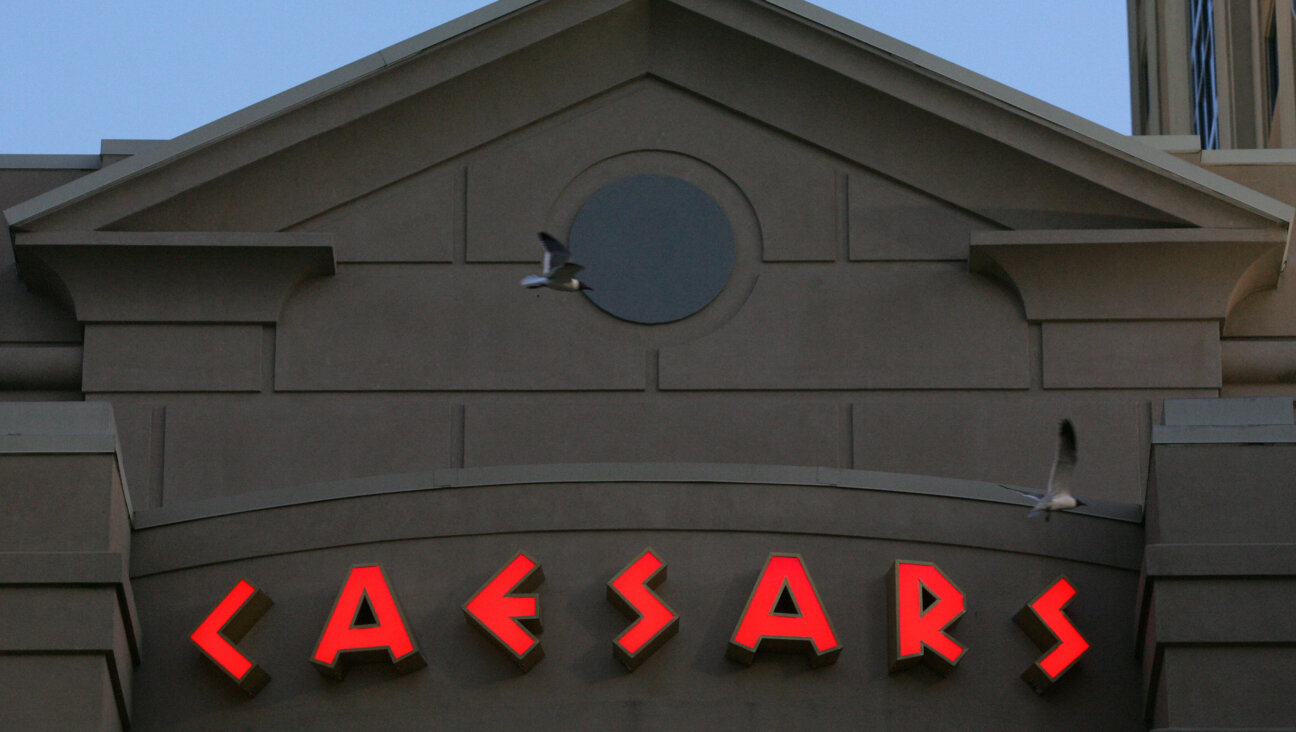In Thailand, an Unusual Exhibit

Graphic by Angelie Zaslavsky
The recent history of photographer Yishay Garbasz’s family is a story of migration, elected and forced. Garbasz’s mother, Sala, was born in Berlin. She took refuge from the Nazis in Holland, was deported to concentration camps in Czechoslovakia and in Poland, and finally made her way to Palestine. His father, Jack, was sent to Australia from Poland as a child, in a Kindertransport-like rescue effort. Jack met Sala when both were serving in the Israeli army.
The new Israeli parents may not have expected that their son’s life, like their own, would be a series of long journeys. After a lengthy stint in the United States, Garbasz moved to Thailand, where he currently resides. He recently spent four months working on a photography project in Taiwan.
But his parents would perhaps have been least able to foresee that their son would attempt to retrace his mother’s footsteps. Garbasz was 18 years old when he learned that his mother was a Holocaust survivor. Only after her husband, on his deathbed, enjoined her to write down her life story did she force open the gates of memory. Her account of her youth became Garbasz’s map of Europe. At every meticulously researched point along the way, he took color photographs.
The result is the exhibit In My Mother’s Footsteps, which will premiere January 31 at the Chiang Mai University Art Centre in Chiang Mai, Thailand.
“My mother left parts of her soul in these places, and it was my job to go and collect them,” Garbasz said in an interview with the Forward. In the text that accompanies the images, he writes that he wanted to chronicle “the mundane details of her existence during the Holocaust.”
Asked how Thai audiences have responded to his work, Garbasz said he has been surprised by the extent to which they connected with it.
“This is a very personal project, and in Asia the family is very important,” he said. “I’m not working on six million Jews, I’m working on one Jew. Not everyone knows about the Holocaust, but everyone understood what I was doing.”
For his project, Garbasz photographically retraced his mother’s World War II footsteps. Top to bottom: The wall of one of the six synagogues at Theresienstadt; Christianstadt, a sub-camp of Gross-Rosen in western Poland, where his mother was sent after Theresienstadt, and the apartment the family lived in when they had escaped to Holland from Berlin.


















